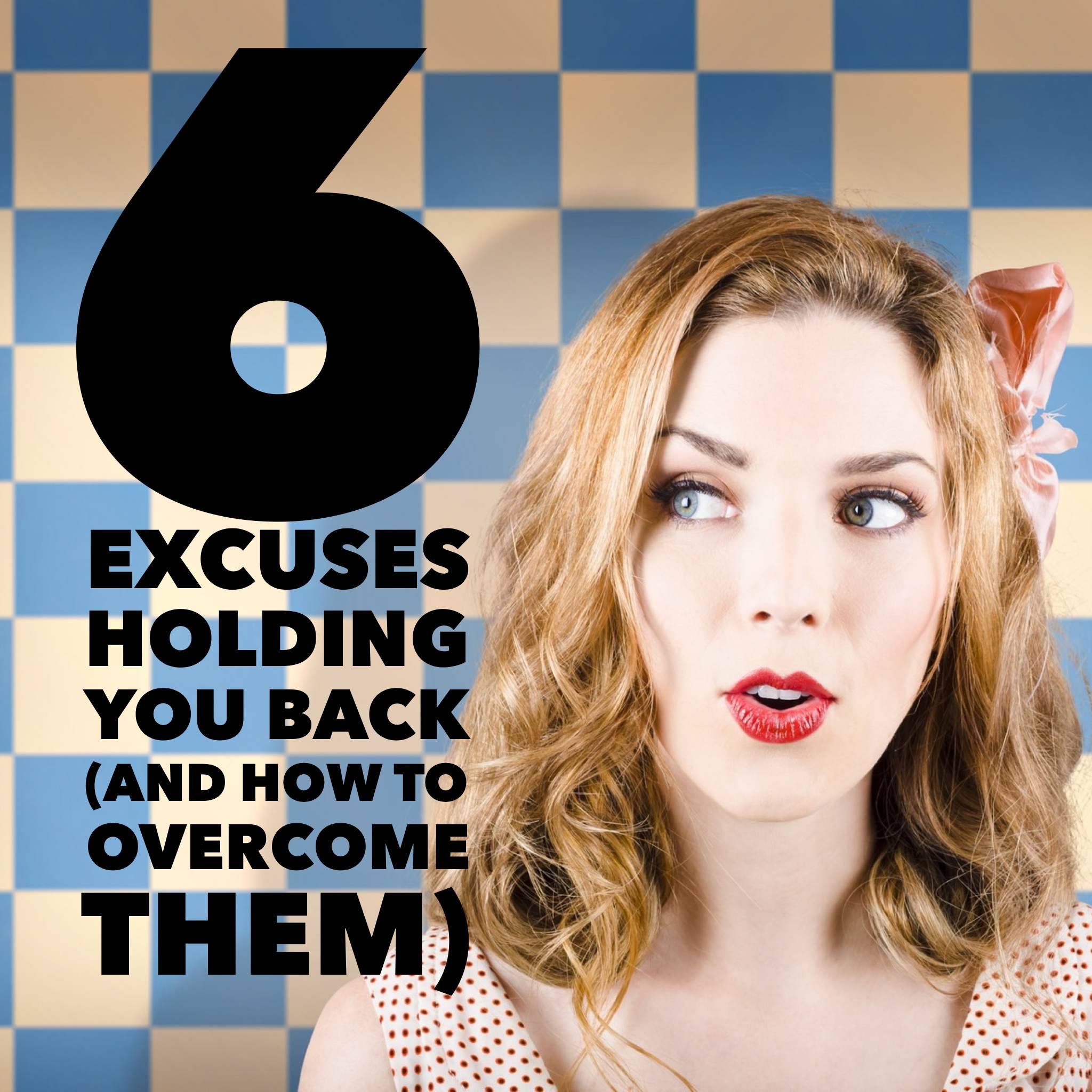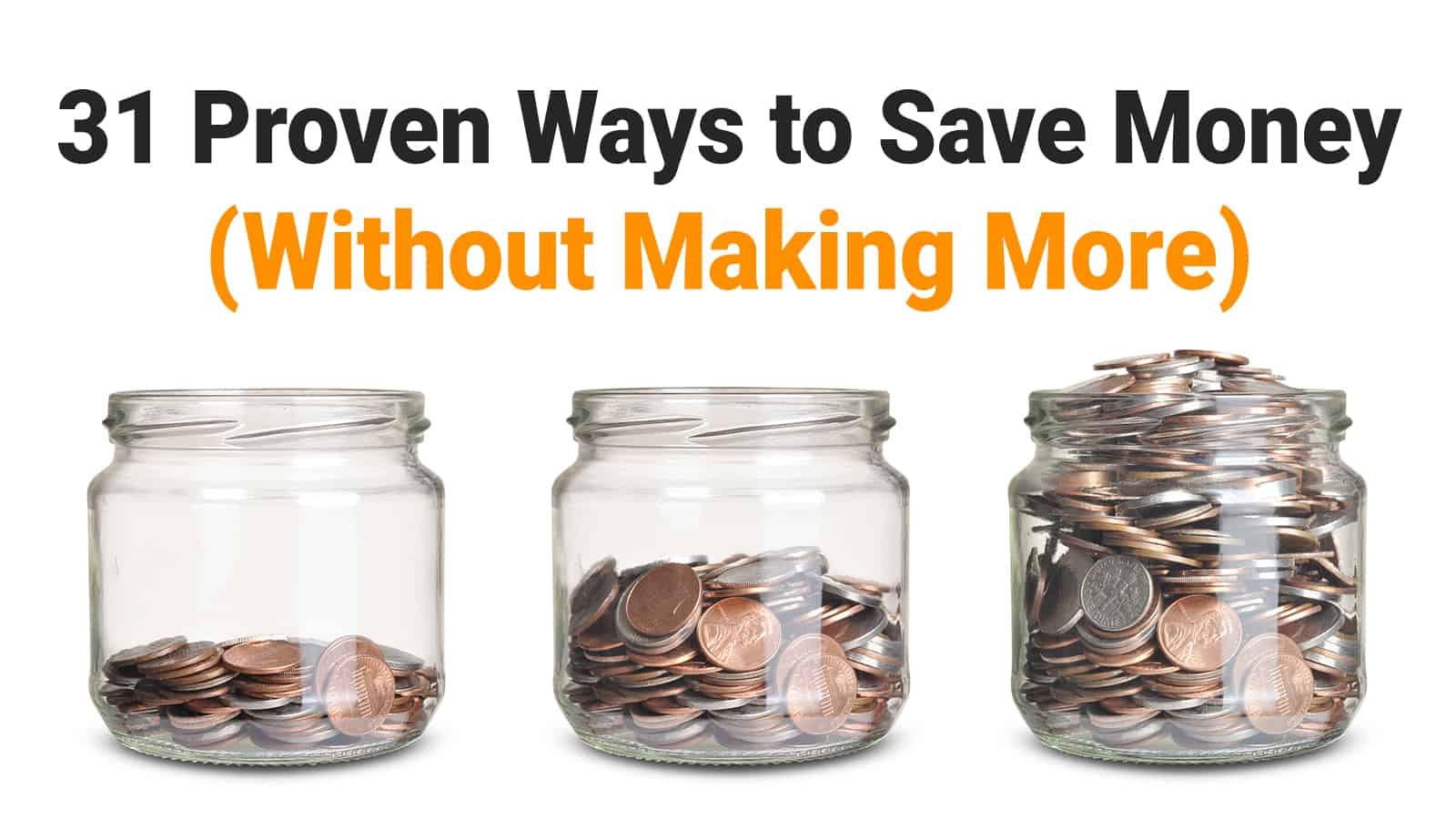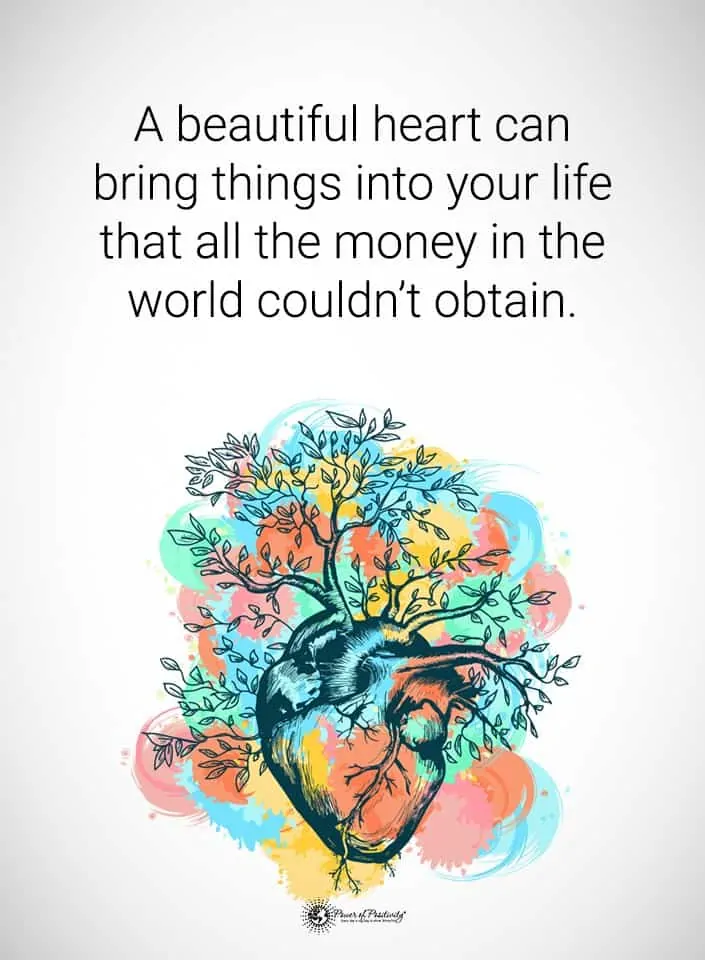For the first time in history, scientists have captured light behaving as both a particle and a wave. Published recently in Nature Communications, this experiment proves what quantum mechanics tells us about the dual behavior of light. A research team at a prestigious science institute in Switzerland conducted this experiment in an unparalleled way. It used electrons to get a snapshot of light behaving as particles and waves, simultaneously.
To give you a mental image of how they set up the experiment, the scientists pointed a laser light at a small metallic nanowire. That fueled energy to the charged particles inside the nanowire. T particles began to vibrate due to the increase in energy. Then, the light begins to travel inside the wire in two different directions. When the waves generated by the laser collide, they form a new wave called a “standing wave.”
Now, they just needed a way to capture the particles within this standing wave. Luckily, they figured out a clever way to do it. They fired a stream of electrons close to the nanowire, using them as a method of capturing the particles in the wave.
The researchers then used a powerful microscope to observe the electrons either speeding up or slowing down as they interacted with the standing wave of light. This behavior simultaneously demonstrated that light behaves as a particle, as well.
How, you ask?
The electrons fired into the standing wave of light collided with the photon particles that light is made up of. When this occurred, the electrons’ speed dramatically increased or decreased. Then they began appearing as a small exchange of radiant energy between the electrons and photons. This phenomenon of the creation of energy “packets” directly captures the light particles along the nanowire.
Employing the use of ultrafast transmission electron microscopy (UTEM), scientists could finally capture what people have been striving for since the days of Einstein: light existing as both a wave and particles at the same time.

Credit: Fabrizio Carbone/EPFL
When introduced to light radiation, the particles within the nanowire become “excited,” and the light moving in a back and forth manner resulted in the standing light wave. Capturing the action with an ultrafast microscope enabled scientists to finally prove that light can simultaneously behave as both a particle and a wave through quantum manipulation techniques.
By imaging the energy spectrum of the exchange of electrons and photons. Additionally, it shows the spatial distribution or distance between the light waves. Therefore, scientists can observe complementary aspects of a localized electromagnetic field.
So this experiment successfully manipulates energy on the smallest scale in the dimensions of time and space. Thus, we can make exciting new discoveries about our world and use new knowledge to further our understanding.
By interfering with particles on a quantum level, some scientists say this could even lead to miniaturization in the future.
This observation at the nanoscale opens up the door for future technologies according to Fabrizio Carbone, a leading researcher on the project.








